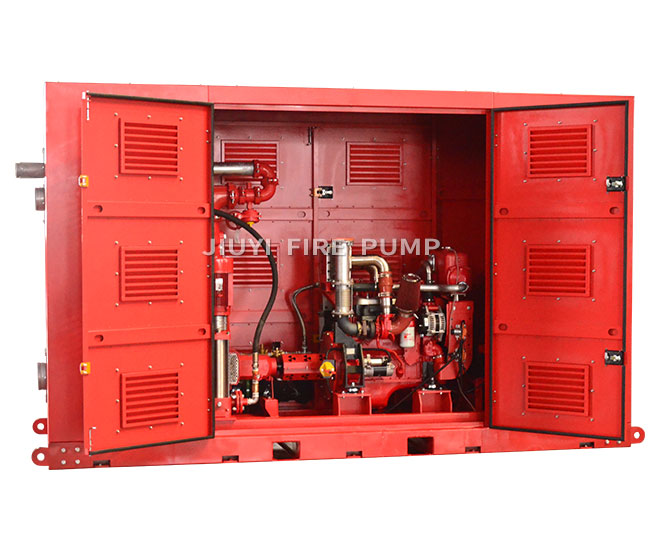
Fire protection is a critical aspect of building safety, ensuring that occupants and assets are safeguarded during emergencies. At the heart of a robust fire suppression system lies the fire pump—a device designed to deliver adequate water pressure to sprinklers and hydrants. But why are fire pumps so essential for building safety? Let’s explore their importance and how they contribute to a comprehensive fire protection strategy.
A fire pump is a mechanical device used to increase water pressure in fire protection systems. It draws water from a reliable source—such as a municipal supply, tank, or reservoir—and ensures it flows at the required pressure to suppress fires effectively. Fire pumps are vital in buildings where natural water pressure is insufficient to meet the demands of the fire suppression system.
In tall buildings, natural water pressure may decrease with height, making it challenging to supply upper floors with sufficient water. Fire pumps overcome this challenge by boosting pressure to ensure all areas of the building are protected.
Sprinklers and hydrants are the first line of defense in firefighting. Without a fire pump, these systems might not deliver the necessary flow or pressure to control a fire, potentially leading to catastrophic damage.
Fire pumps provide a reliable water supply during emergencies, giving occupants more time to evacuate and allowing firefighters to respond effectively. This readiness significantly reduces risks to life and property.
Fire pumps are essential in various types of buildings, including:
Fire pumps are a mandatory component of fire protection systems in many jurisdictions. Compliance with standards such as NFPA 20 ensures that fire pumps are designed, installed, and maintained to perform effectively during emergencies. Meeting these standards is not only a legal requirement but also a vital step in safeguarding lives and property.
By ensuring a reliable water supply for fire suppression, fire pumps minimize risks to building occupants during emergencies.
Effective fire suppression prevents fires from spreading, reducing potential damage to buildings, equipment, and inventory.
Installing and maintaining fire pumps in accordance with standards helps building owners meet legal requirements and may lower insurance premiums.
To ensure optimal performance, fire pumps require regular maintenance, including:
Fire pumps are not just a technical component—they are a critical safety feature that protects lives, property, and peace of mind. Whether your building is a high-rise, commercial complex, or industrial facility, a well-designed fire pump system is an investment in safety and compliance.